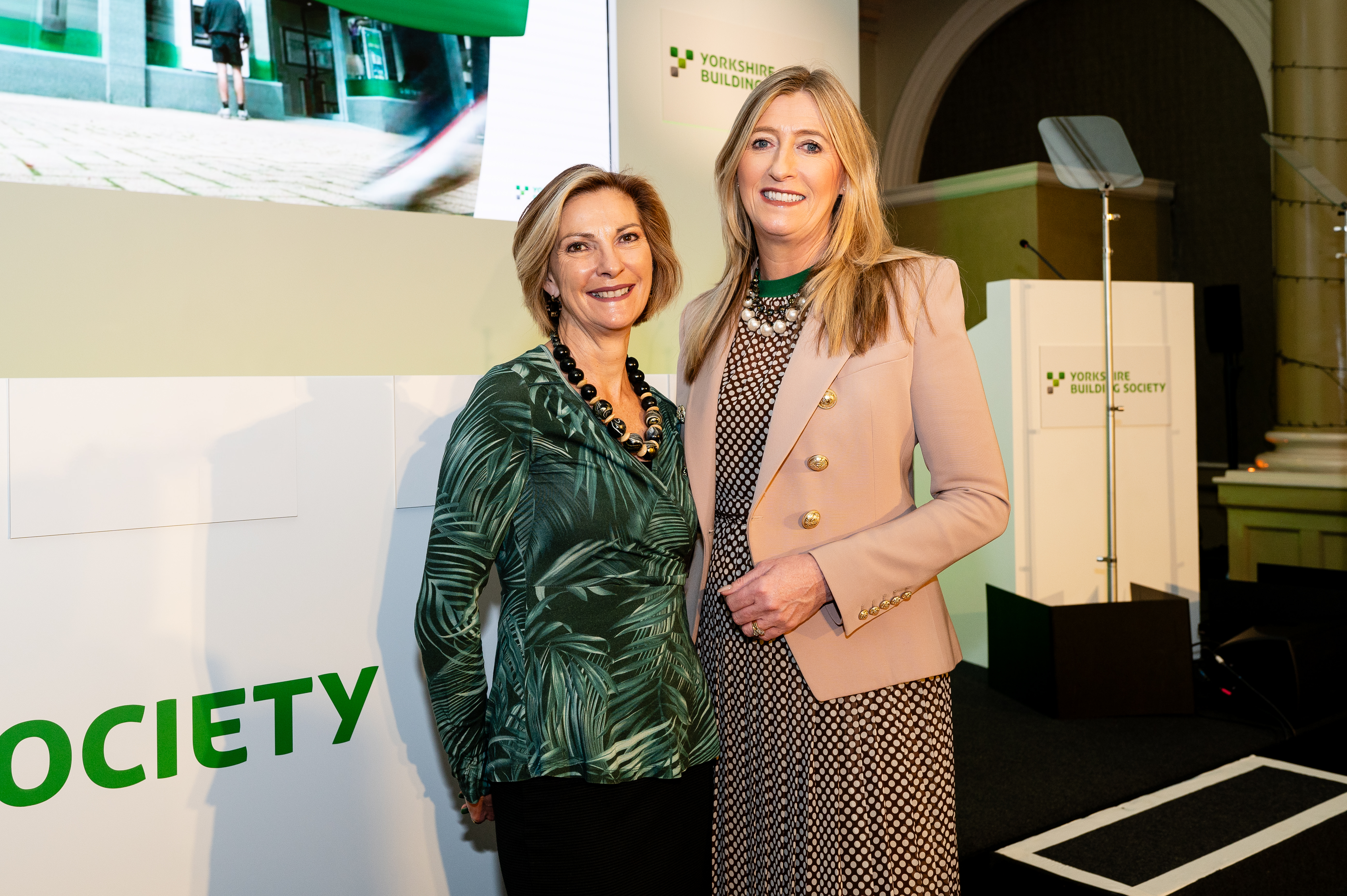Society Launches New Financial Education Platform as New Research Shows 87% of 11-18-Year-Olds in the UK Have Limited Money Management Skills | YBS
Society Launches New Financial Education Platform as New Research Shows 87% of 11-18-Year-Olds in the UK Have Limited Money Management Skills
- Nearly nine out of 10 (87%) 11-18-year-olds in the UK have limited or no money management knowledge according to new research by Yorkshire Building Society
- Only around a third (36%) of 11-18-year-olds in the UK have learnt about finances at school
- The Society is calling for financial education to be introduced in primary schools in England as it is already on the curriculum in Northern Ireland, Scotland and Wales
- The Society has expanded its existing financial education programme and launched Money Minds online aimed specifically at children and young people
Yorkshire Building Society Money Minds online financial education platform
Nearly nine out of ten (87%) 11-18-year-olds in the UK have limited knowledge about managing money and 14% say they know nothing at all about money management, according to new research[i] from Yorkshire Building Society.
The research was conducted as the Society launches its new Money Minds online financial education platform for children and young people aged 11-18 which aims to reach 55,000 children and young people this year.
Only around a third (36%) of 11-18-year-olds in the UK surveyed say they have learnt about finances at school despite it being part of the curriculum for secondary schools across the UK. In a bid to help more pupils learn more earlier, the Society is calling on the government in England to include financial education on the national curriculum for primary school children to mirror what’s already done in Northern Ireland, Scotland and Wales.
Stephen White, Interim Chief Executive of Yorkshire Building Society, said:
We know learning how to effectively manage finances is a vital life skill. Our research has shown that too many children have limited knowledge around money management and financial issues. We really want to engage teachers, children and young people in the UK to improve financial education.
We have developed Money Minds online as part of our purpose of helping real life happen. We’re committed to helping build the financial wellbeing of our communities and believe that starts with laying great foundations for our young people to understand money, finances and careers. Ultimately, we want to improve financial capability in the UK.
We’re also calling on the government in England to give children in the country the best grounding in financial education that they can – on a par with their peers in Northern Ireland, Scotland and Wales – by introducing financial education to the national curriculum for primary schools in England.
The Money Minds online platform is free to use and has been developed with education design specialists, teachers and students to ensure it meets the educational needs of the children and young people using the platform, and the teachers delivering its materials.
Janet Sheriff OBE CEO of Collaborative Learning Trust a leading Academy Trust based in West Yorkshire, added:
It is so important to intervene as early as possible when it comes to financial literacy for young people. If primary aged pupils in England gain access to financial education, it will help make sure the next generation have the best possible chances when it comes to understanding the complex world of personal finance.
With such a high number of young people with limited or no money management skills, there is a real possibility that the next generation will struggle to make ends meet in an already challenging personal finance landscape.
Money Minds can make a real difference in schools, and the more young people it reaches the better it will be for their financial futures.
Money Minds online has a diverse range of materials, from games, videos and animations to engage students from Key Stage 3 to 5, as well as lesson plans and teaching materials available for teachers to download and also materials for parents and carers on a variety of topics so they can help students learn at home.
In addition to financial education the site also has lessons on career development skills such as CV writing and interview techniques to help prepare older children and young people for employment.
It forms part of the Society’s commitment to put £1.8million investment over two years (2021/22) into supporting skills, employment, financial education and wellbeing.
As well as Money Minds online, Money Minds lessons for primary school children aged 5-11 can be delivered in schools by Yorkshire Building Society colleagues as part of their award-winning corporate volunteering scheme, which allocates each employee 31 hours paid leave every year to carry out volunteering in local communities.
Topics range from keeping money safe for ages five to seven, planning a party to learn budgeting skills for children aged eight to 11, up to calculating interest and responsibilities to repay loans for older children.
Since the Society launched Money Minds in 2015 more than 35,000 children in the UK have benefitted from a lesson.
More information about Money Minds can be found at www.ybsmoneyminds.co.uk
[i] Yorkshire Building Society Money Minds survey: The research was carried out online by Opinium. All surveys were conducted between 31st March 2022 and 4th April 2022 and the sample comprised 1,000 UK children aged 11-18.
All information correct at time of publication.
W24-22







